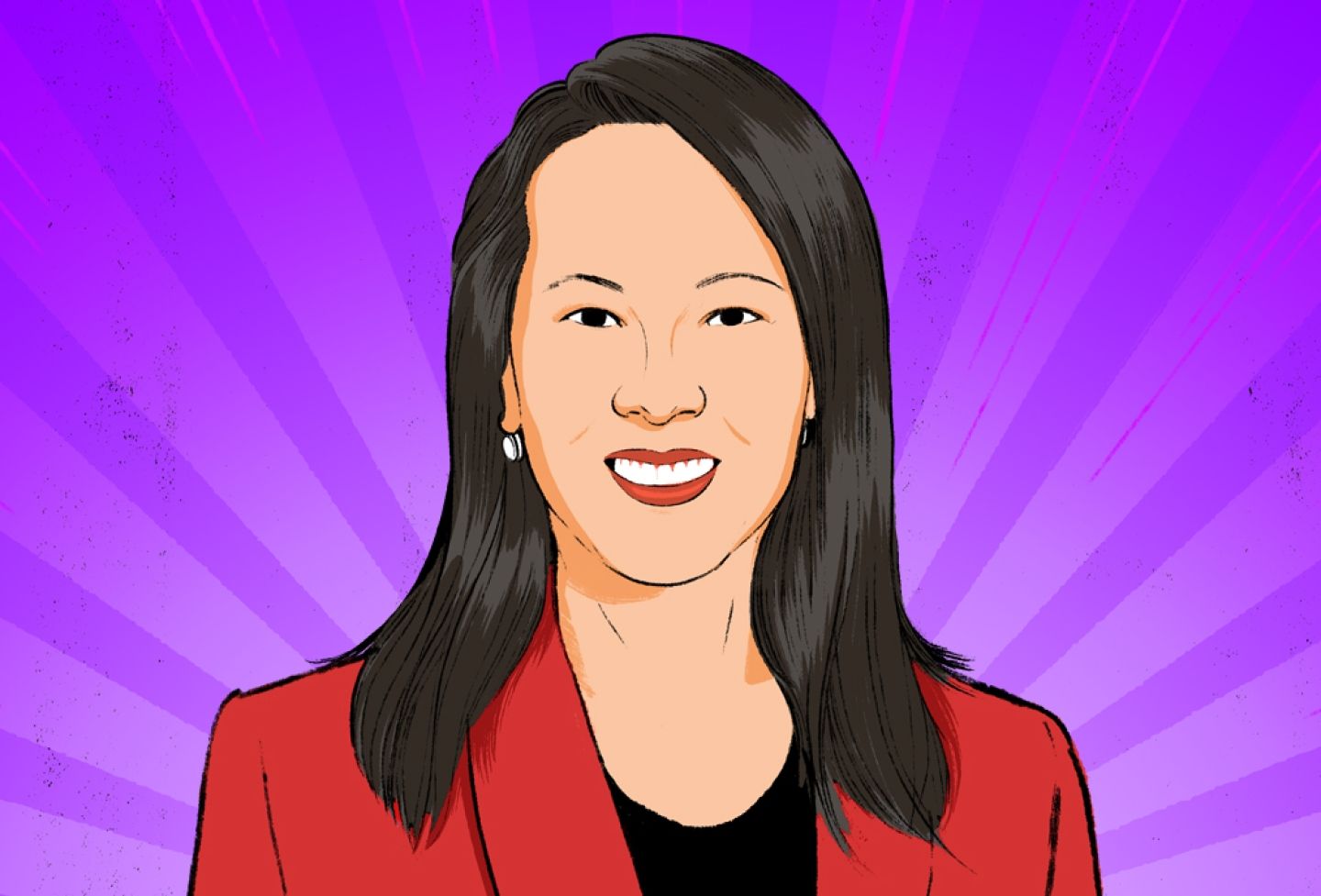Heather Podesta founded and leads the largest woman-owned government relations and public affairs firm, Invariant, providing strategic advice to companies, trade associations, nonprofits and individuals.
We interviewed her while she took an UberX to her next appointment in Washington, D.C.
How did you end up founding your own government relations firm?
After law school, I practiced law as a young associate and then went in-house at the Airlines Trade Association. Then Sept. 11 happened, and I realized I wanted to return to public service. I went to Capitol Hill to work for a couple of members of the House Ways and Means Committee.
After working on the passage of the Bush tax cuts and realizing it was no fun to be in the Democratic minority, I left Capitol Hill to be a partner at a law firm. I loved practicing law and I loved building a book of business. My practice was primarily regulatory and government relations.
I started to benchmark my salary, asking other firms what they would pay me, expecting them to say, “Oh, we’d give you an extra $50K or $100K to have you join our firm,” and being sort of surprised to learn the three firms I was talking to all said, “Oh, we’d double your salary.”
Then my firm hosted its annual New York City holiday party. I see the chairman of the firm talking to the CEO of a client I brought in. I was so excited, happy and proud of having brought in that business. After I walked over, the chairman said to my client, “Isn’t Heather our most beautiful partner?” I did a laugh and eye-roll. You go for the laugh line to deflect from that type of dynamic.
But I realized it was time to try something new. I was concerned that law firms have their own challenges, so I wanted to see if I could create a different model.
It was an interesting time politically as well. The marketplace had shifted. It was late 2006. Nancy Pelosi had just won back the House and it was expected she would be speaker in January. There was a need suddenly for lobbyists who knew House Democrats.
For me, it was really important to take the discipline and the rigor of being a lawyer-lobbyist and have that be the firm’s DNA from day one. And now, 13 years later, we are one of the largest government relations firms in the country. I have 24 people working with me. In terms of revenue, we’re regularly one of the top 20 revenue-generating firms in D.C.
Can you tell me about a time you overcame a challenge?
So one thing I’ve never talked about publicly as one of the bigger challenges that I’ve had professionally was being a young associate and being sexually harassed and knowing very quickly that it was an untenable, unhealthy situation.
At the time, I understood the situation was not going to change or improve, and that I could only improve my own situation by finding a new job.
What are the keys to success in lobbying?
Being supersmart on our client issues. Being a strategic, yet relentless, advocate and understanding we are always judged on our last 15 minutes. There’s never any point where your work is done, and integrity is paramount. Your word means everything.
What do you think took you from lawyer to leader?
I still think of myself as a lawyer. Being a lawyer makes me a really good leader. All the skills I brought to bear on behalf of clients when I was at the law firm are deployed to lead Invariant and build out teams and come up with solutions for our clients.
I like building an organization that reflects my values. When I started the firm, I wouldn’t pay for parking, but I would pay for peoples’ subway passes. To build a culture that places the highest priority on taking care of our clients and taking care of our colleagues is hugely rewarding.
In the law firm, people can get siloed in their book of business, in their practice, and I have really tried to rethink the service model in terms of “the clients belong to all of us.” And it’s a model that works well for our clients. They know we’re focused on their best interests and providing the best possible strategic advice, advocacy and public affairs counsel.
More ‘From Lawyer to Leader’ Stories
- Sarah Baker ’04, president and executive director, We The Action
- Nancy L. Buc ’69, former chief counsel, FDA
- Elissa Cadish ’89, justice, Supreme Court of Nevada
- Terrica Ganzy ’02, deputy director, Southern Center for Human Rights
- Barbara Jeremiah ’77, former executive vice president, ALCOA
- Jennifer McClellan ’97, Virginia state senator
- Catharina Min ’90, partner, Covington & Burling
- Susan W. Murley ’86, co-managing partner, WilmerHale
- Mary Ellen Powers ’80, partner-in-charge, Jones Day Europe



